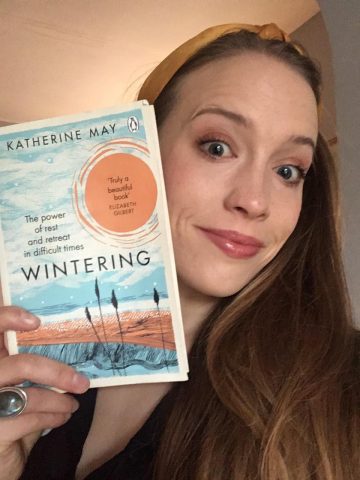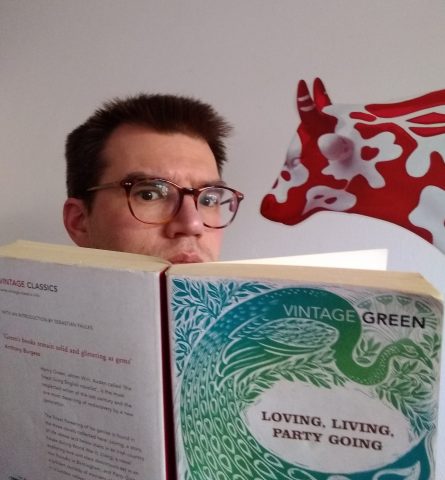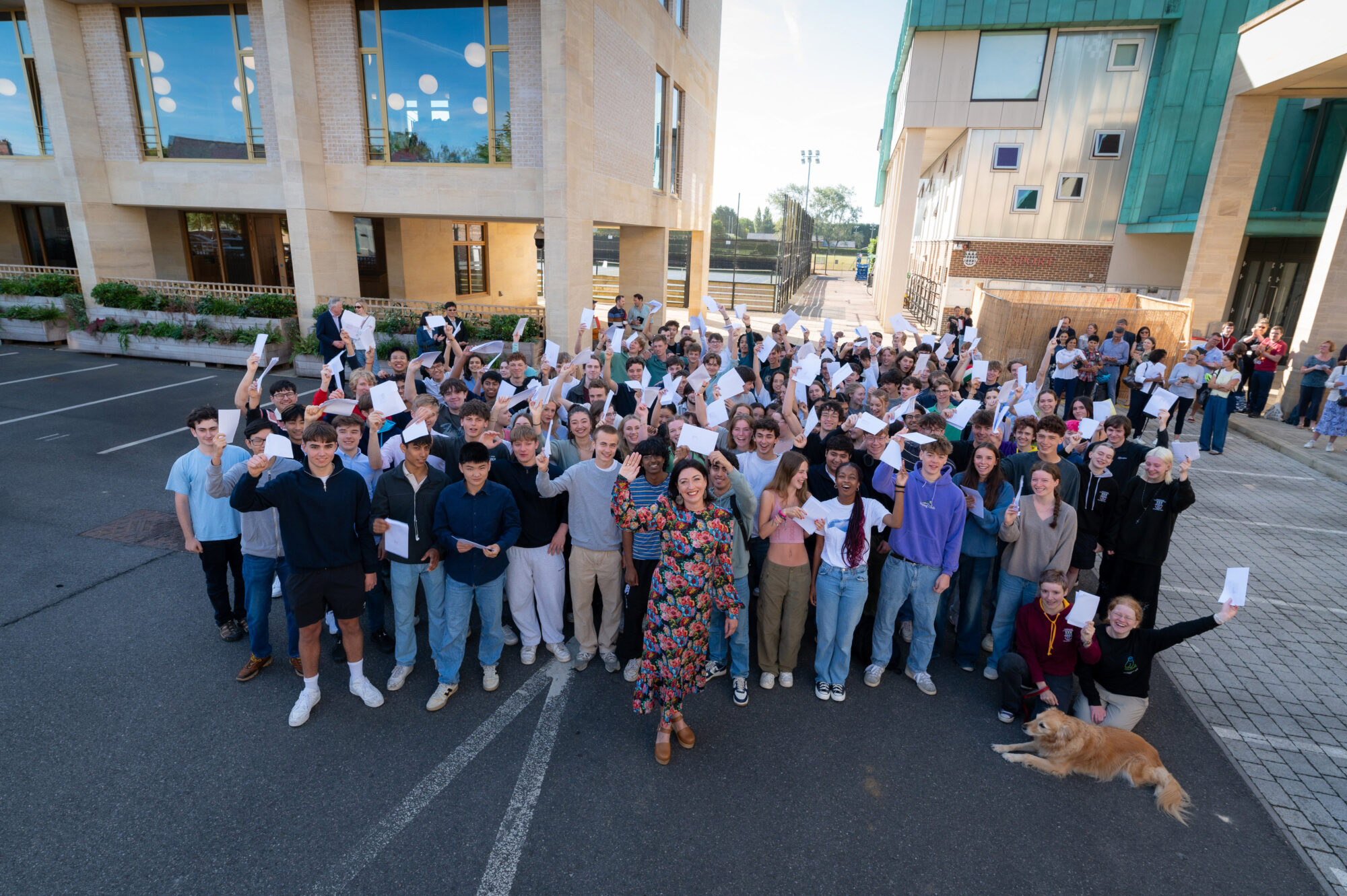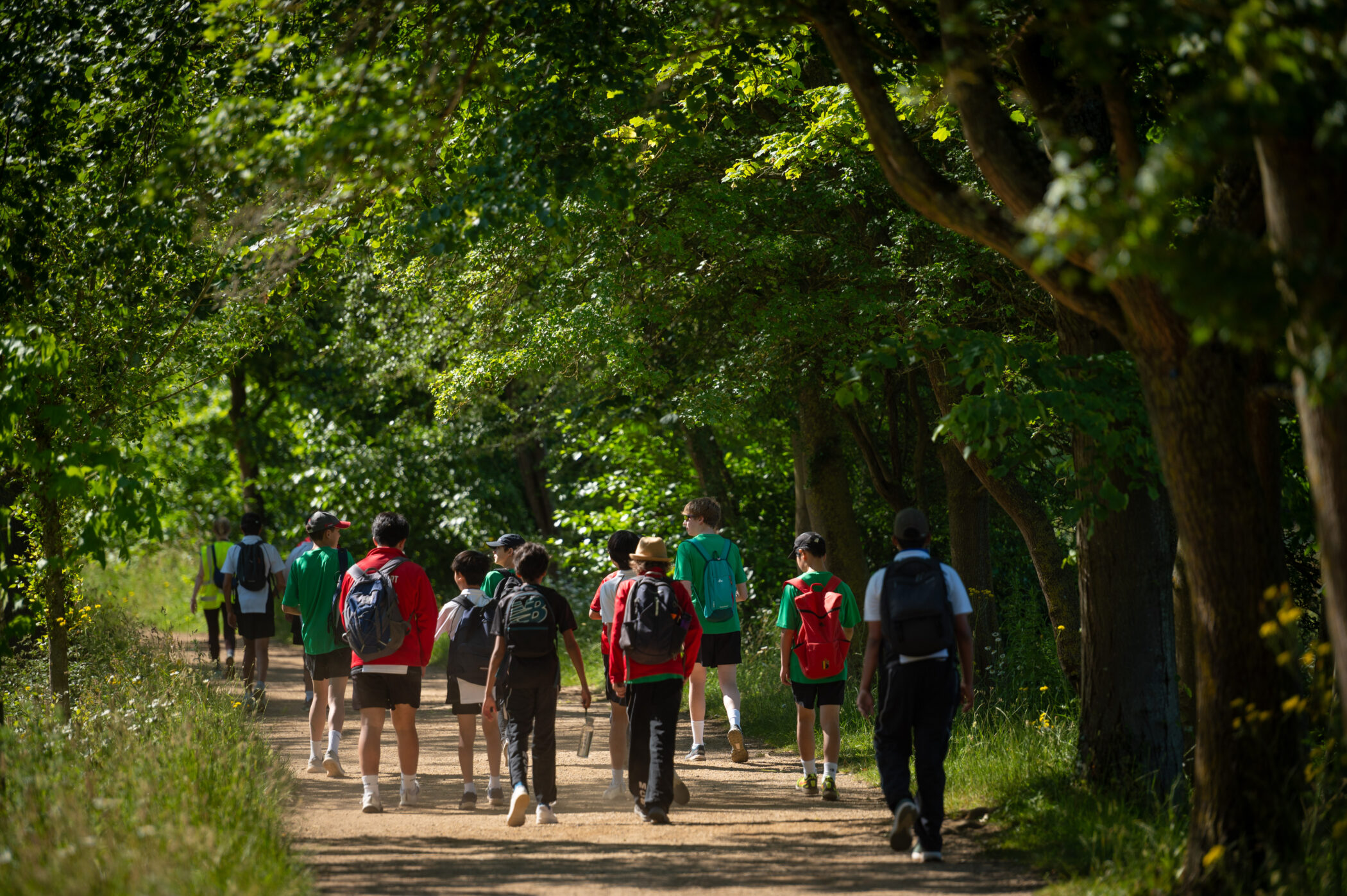In order to celebrate World Book Day on March 4th, this week the English Department is sharing the lockdown book recommendations of MCS pupils and staff.
Monday 1st March
- Hugo G, U6th: Ken Kesey’s One Flew Over the Cuckoo’s Nest’ is my top lockdown read. Better known as a ‘Big 5’ Oscar winning film (which the author, Kesey, hated!), this novel explores the confinement of mental health patients in 20th Century hospitals. The novel poignantly provokes the reader to empathise with those deemed unable to live in wider society, spreading a message apt for today in how we view the state of our and others’ mental health.
- Mrs Gladstone, Head of Biology: ‘Purple Hibiscus’ was the staff book club choice for last term and, once I started reading, I could hardly put it down. It tells the story of Kambili, the oppressive and destructive influence of her father and the life of joy, love and laughter she discovers with her aunt. It is hugely evocative, powerful and beautifully written; I need to read more books by Chimamanda Ngozi Adichie!
- Oyinda B, Head Girl, U6th: ‘Attachments’ by Rainbow Rowell, is one of those books that make you want to do nothing but read. It’s light-hearted, warm and altogether a great way to unwind after a long day at school.
- Miss Shortland, Music Teacher and Head of Upper Sixth: Katherine May’s ‘Wintering’ reminds us all of “the power of rest and retreat in difficult times”. It’s an easy read that recognises our lives are not an eternal spring, no matter how much we might hope them to be. Rather than let the reader be dragged down by this, she looks at the things our “winter” periods can teach us, how we can roll with the punches and, crucially, how we can teach ourselves that like all other seasons our winters will pass.
Tuesday 2nd March
- Mr Shouler, Head of English: H. Auden called Henry Green ‘The best English novelist alive’; to V S Pritchett he was ‘a psychologist poet making people out of blots’. Here you get three of his novels for the price of one: ‘Loving’ imagines a group of servants locked down in an Irish country house during WWII, ‘Party Going’ sees a social bubble of bright young things taking shelter in a hotel at Victoria Station as a fog engulfs London, while ‘Living’ follows a young couple’s frustrated attempt at elopement.
- Siddharth G M, U4th Form: My lockdown book of choice would be “They Both Die At The End” by Adam Silvera. This story is about 2 boys living their last day on Earth together, and how they battle through stress, anxiety, agoraphobia(fear of going outside) and thanatophobia (fear of dying). I love this book simply because of the raw emotion in these pages, and also because it forces me to pause and think after each chapter.
- Mr Macklin, History Teacher: My lockdown reading recommendation is ‘A Whole Life’ by Robert Seethaler. In a sparse 148 pages, it tells the life story of Andreas Egger, an otherwise anonymous man who quietly observes the unfurling of the twentieth century from the perspective of an alpine valley. The book is quietly unassuming yet deeply moving. Egger leads a life of simplicity and solitude, and his experience offers some guidance for our own times: ‘he didn’t regard his loneliness as a deficiency. Above all, he enjoyed the quiet.’ Seethaler’s novel provides a gentle corrective to some of our modern obsessions, and reminds us that existence does not have to be full to be meaningful.
Wednesday 3rd March
- Gabriel H, Head Boy, U6th: My lockdown book of choice is Mountains Beyond Mountains- by Tracy Kidder which tells the story of doctor Paul Farmer and his mission to help Haiti and cure the world of as many preventable diseases as possible.
- Dr Older, Head of Chemistry: Having been a bit slow to catch up with the zeitgeist, I have been watching The Queen’s Gambit this half term so that made me think of this fantastic account of real-world version; it’s a truly extraordinary story of the cold war.
- Emma M, U6th: The collection of writing ‘What I Saw’ is selected from Joseph Roth’s extensive output as a journalist. It delves beneath the gloss of jazz age Weimar Germany to capture the lives of Berlin during a time of immense social and political change. I found it a few summers ago and loved it then, but have come back to it over lockdown for its beautiful writing and honest portraits of the everyday, if not also to dip in and out with very little commitment.
Thursday 4 March (World Book Day)
- Savannah C, Lower Sixth: My lockdown book of choice is ‘Wild Swans’ by Jung Chang, the riveting non-fiction account of three generations of Chinese women in Mao’s China. Some of their struggles were a good reminder that although lockdown feels bad, at least you’re not trekking through the Chinese mountains on a Communist march whilst heavily pregnant. It’s beautifully written, completely engrossing, plus I love history, so I found it fascinating!
- Charlie B, Second Form:
- Taran, Third Form:
Edward, Third Form:
- Helen Pike: Master: ‘Being Various: New Irish Short Stories’ edited by Lucy Caldwell is a cracking anthology. The books demonstrates a golden age of young Irish writers—though when has there not been one of those? In reflecting on what it means to be Irish, the introduction asks questions which explore the nature of identity in presence and absence. I was in the throes of applying for my Irish passport when I read it, so it means something special to me. Above all, this volume showcases some serious new talent as well as some names with whom you might be a little more familiar (Sally Rooney and Eimar McBride.)
Friday 5th March
- Temi F, Upper Sixth: Agatha Christie’s ‘Cat Among The Pigeons’ features her famous detective Hercule Poirot as he investigates a number suspicious deaths at a boarding school. You might think a murder mystery would be too grizzly to make a light hearted lockdown read, but the story’s quick paced drama and ingeniously satisfying conclusion was a perfect escape this
- Tom N, Fifth Form: My lockdown book of choice would be ‘The Picture of Dorian Gray’ by Oscar Wilde. Wilde paints his own picture of corruption, hedonism and manipulation that seems all the more relevant in today’s world of social media and believing what you hear. Perhaps drawing up inspiration in a time of scarcity, the novel is beautifully construed and is definitely worth the read, drawing on ideas of the gothic and the meaning and purpose of art to provide a story with both philosophical and emotional impact.
- Alexander, Second Form:
We hope you have enjoyed our lockdown reads this week.
 MCS ranks among the top independent secondary schools in The Sunday Times Schools Guide 2024, placed seventh nationally and third in the Southeast.
MCS ranks among the top independent secondary schools in The Sunday Times Schools Guide 2024, placed seventh nationally and third in the Southeast.

 28 of our pupils achieved 10 or more 8 or 9 grades in 2024.
28 of our pupils achieved 10 or more 8 or 9 grades in 2024.
 Your donations contribute over £150,000 a year to bursaries as well as building an
Your donations contribute over £150,000 a year to bursaries as well as building an 






